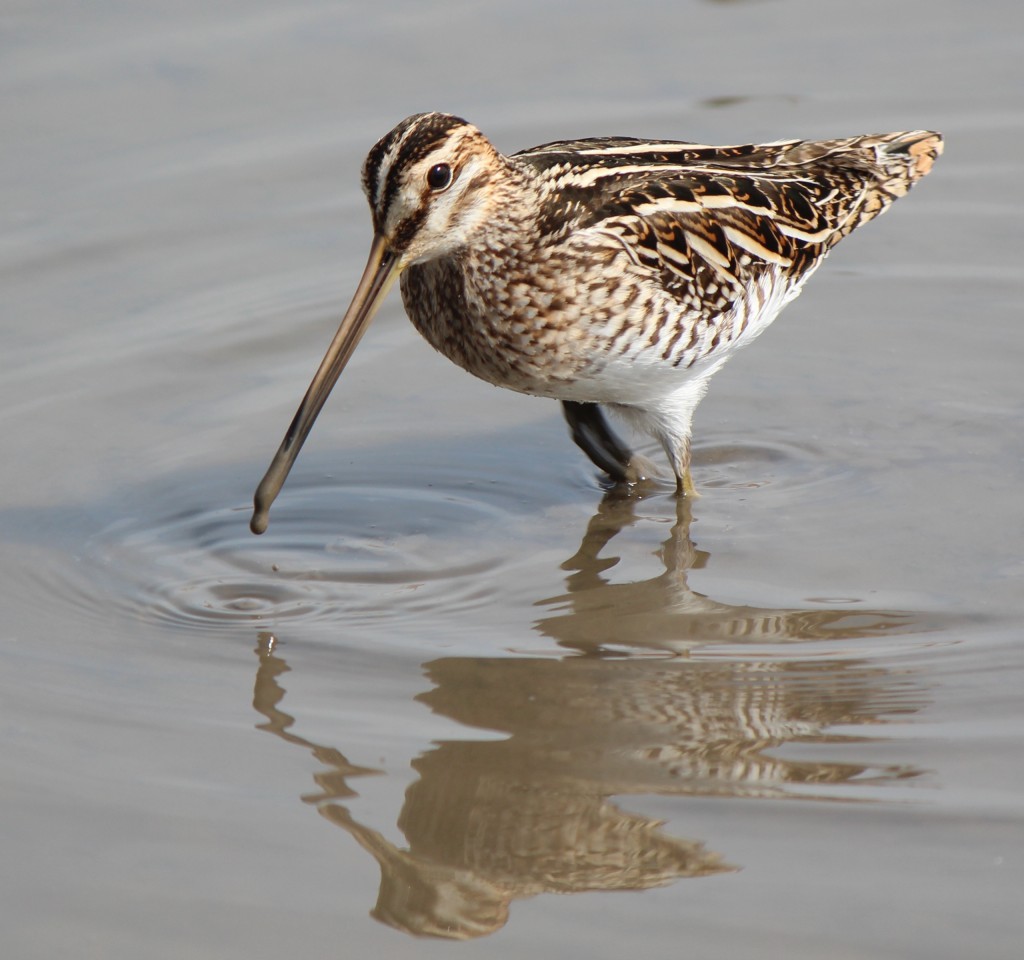BIRD protection charity RSPB Scotland is facing criticism it wasted more than £300,000 of public money creating a nature preserve on as site which is already protected.
The charity bought land on the Wards Estate on the banks of Loch Lomond at a total cost of £1.1 million.
It plans to increase the populations of endangered birds such as snipe, curlews, redshanks and lapwigs.
The land is heavily protected under European laws, and falls within the Loch Lomond National Nature Reserve.

The Scottish Gamekeepers Association (SGA) also says snares will have to be used to prevent foxes preying on the rare birds.
One rural property agent, who wished to remain anonymous, said questions had been asked about the decision to use public money to
help buy the land.
The property agent said: “This land is fully designated and has full legal protection. It is a criminal offence to damage it.”
Grant
The Wards Estate was put on the market in separate lots last year.
RSPB Scotland bought one 427-acre lot at a cost of £313,000, and the 135-acre High Wards farm for £714,000.
They were given a £170,000 grant from the National Heritage Memorial Fund (NHMF) and £150,000 from Scottish Natural Heritage (SNH).
RSPB members were also asked to donate for the cause.
The land, part of the Loch Lomond National nature reserve, is a site of special scientific interest.
It includes wildfowl and numerous white-fronted Greenland geese.
An RSPB Scotland spokesman said: “The whole aim of buying Wards is to secure its long-term future and open up public access and enjoyment where previously there was no infrastructure to aim this.
“It is too early yet to say whether predation of key species is an issue at Wards and therefore whether legal predator control will be
required.
Predators
“We will base any decision on future legal predator control on sound science.”
The charity said wildlife designations did not “guarantee” sites were managed in the best way.
Alex Hogg, chairman of the SGA, said: “As public money is being used here, the taxpayer has a right to see which measures the RSPB intends to put in place to deal with predators.
“If no such measures are forthcoming, there is a real fear the public will be paying a high price only to get nothing in return.”
A spokesman for the NHMF said: “When Wards estate was put on the market last year, the RSPB were able to clearly demonstrate that the potential break-up of the land into separate plots posed a significant risk to the future conservation management of the wetland where two key species listed on the UK Biodiversity Action Plan were already in decline.”
Ian Jardine, chief executive of SNH, said he was “delighted” the RSPB had acquired Wards.

